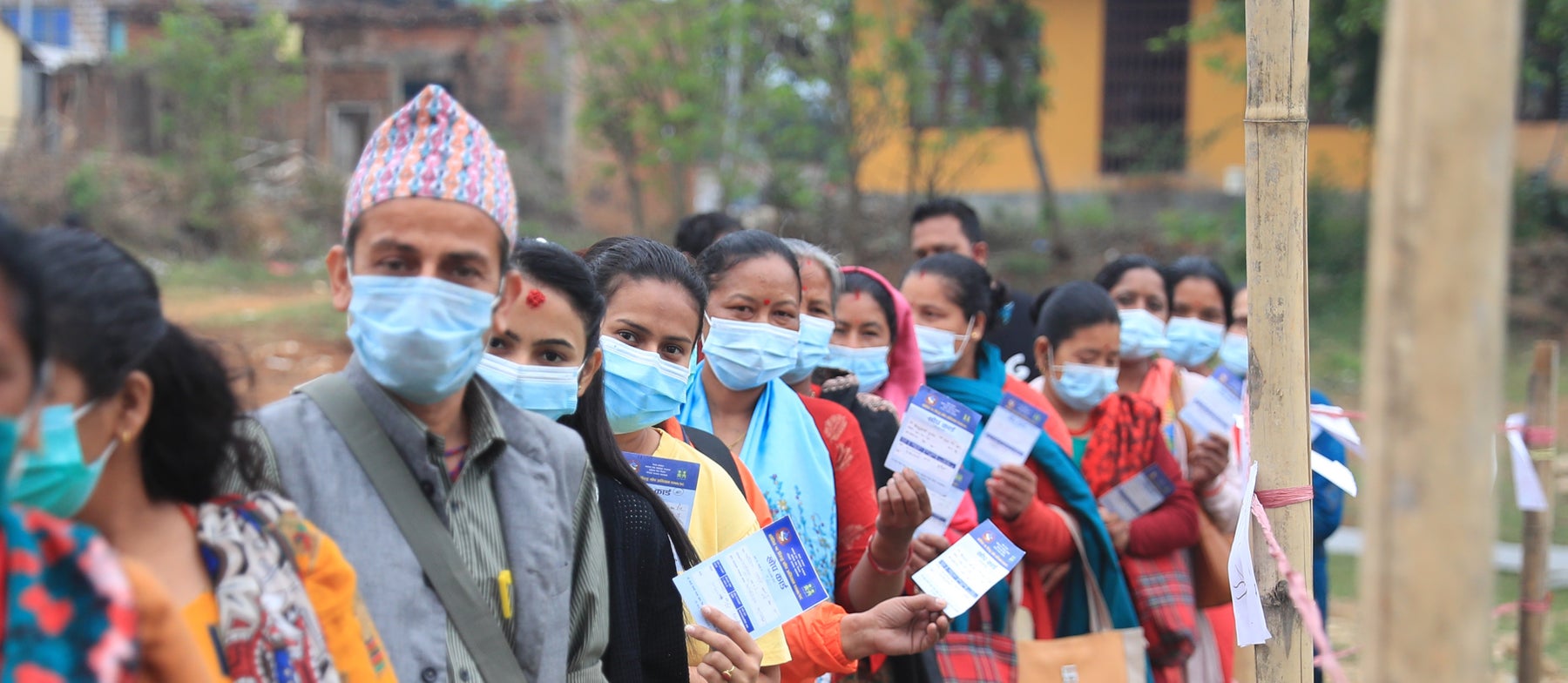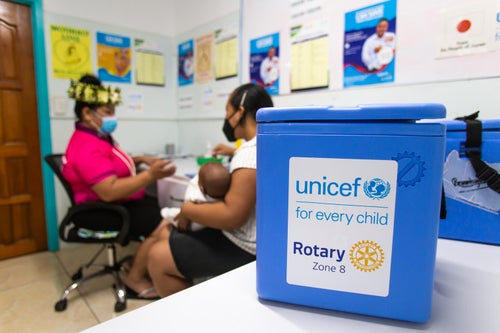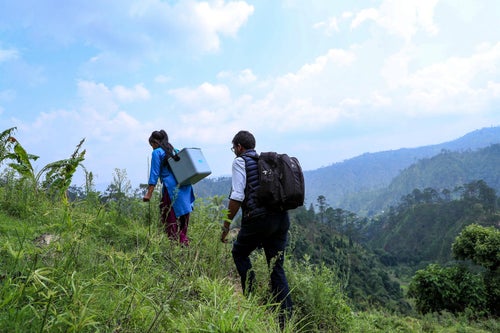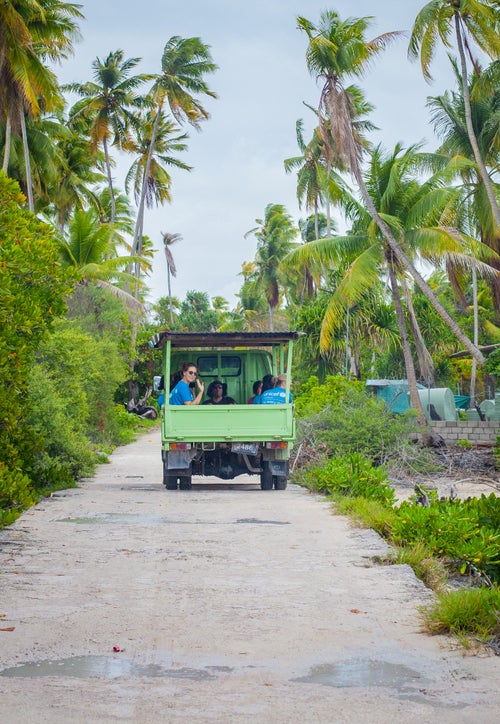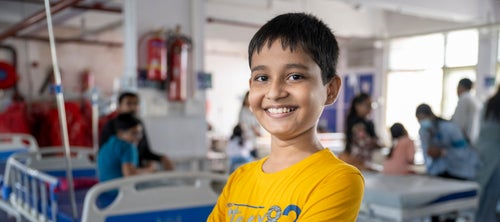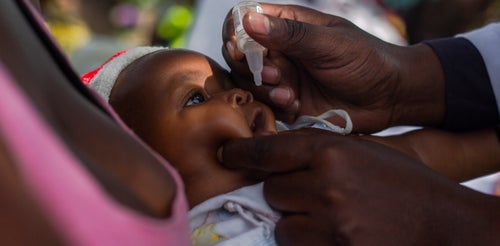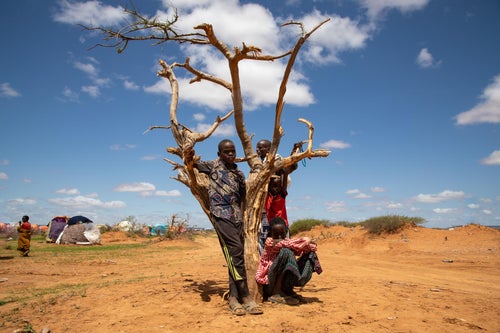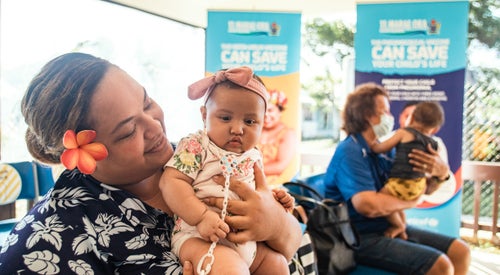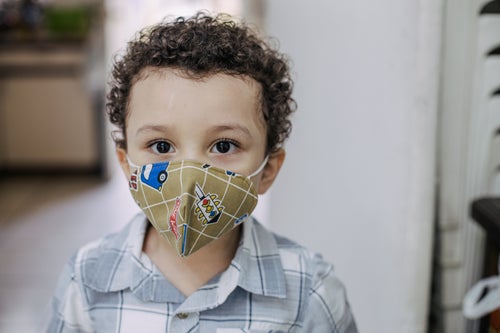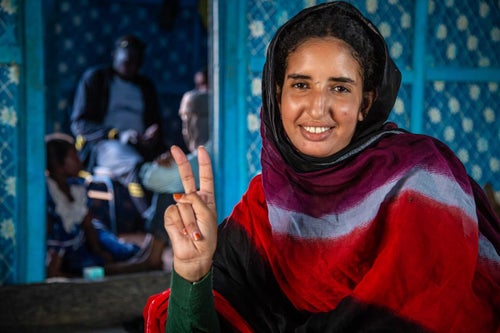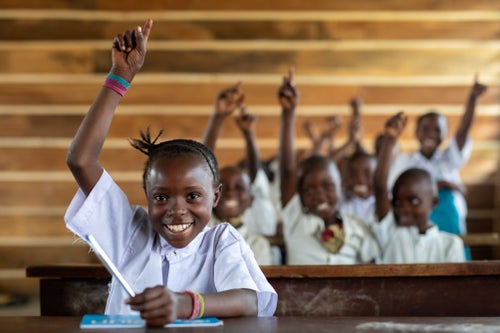Many new words and phrases have entered everyday language over the past eighteen months – lockdown, quarantine and social distancing are now part of our daily chats.
We've already done a breakdown of all the latest vaccine vocabulary but we're here to break down one word in particular: COVAX.
It's the most important one to know if we want to end this pandemic.
So, what exactly is COVAX?
COVAX, formally known as The COVID-19 Vaccines Global Access Facility, is the global initiative to ensure equitable vaccines access for every person on Earth. It means that whether a family lives in Sydney, Australia or a remote mountainous village in Nepal, they will have access to the same protection against COVID-19.
COVAX supports the research and development of new vaccines against COVID-19 and negotiates the best prices with pharmaceutical companies.
Who runs COVAX?
COVAX is co-led by the World Health Organisation (WHO) Gavi, the Vaccine Alliance, the Coalition for Epidemic Preparedness Innovations (CEPI) alongside lead delivery and implementing partner UNICEF - that's us!
WHO is a specialised agency of the United Nations responsible for international public health. Its main aim is to deliver the highest possible level of health to everyone.
Gavi works with UNICEF every year to help vaccinate the world’s children against preventable diseases.
CEPI help to accelerate the development of vaccines against emerging infectious diseases and enable equitable access to vaccines during outbreaks.
UNICEF is the world's largest organisation working to protect children. Every year, our teams reach half the world's children with vaccines, so we have the infrastructure and the expertise to support COVAX.
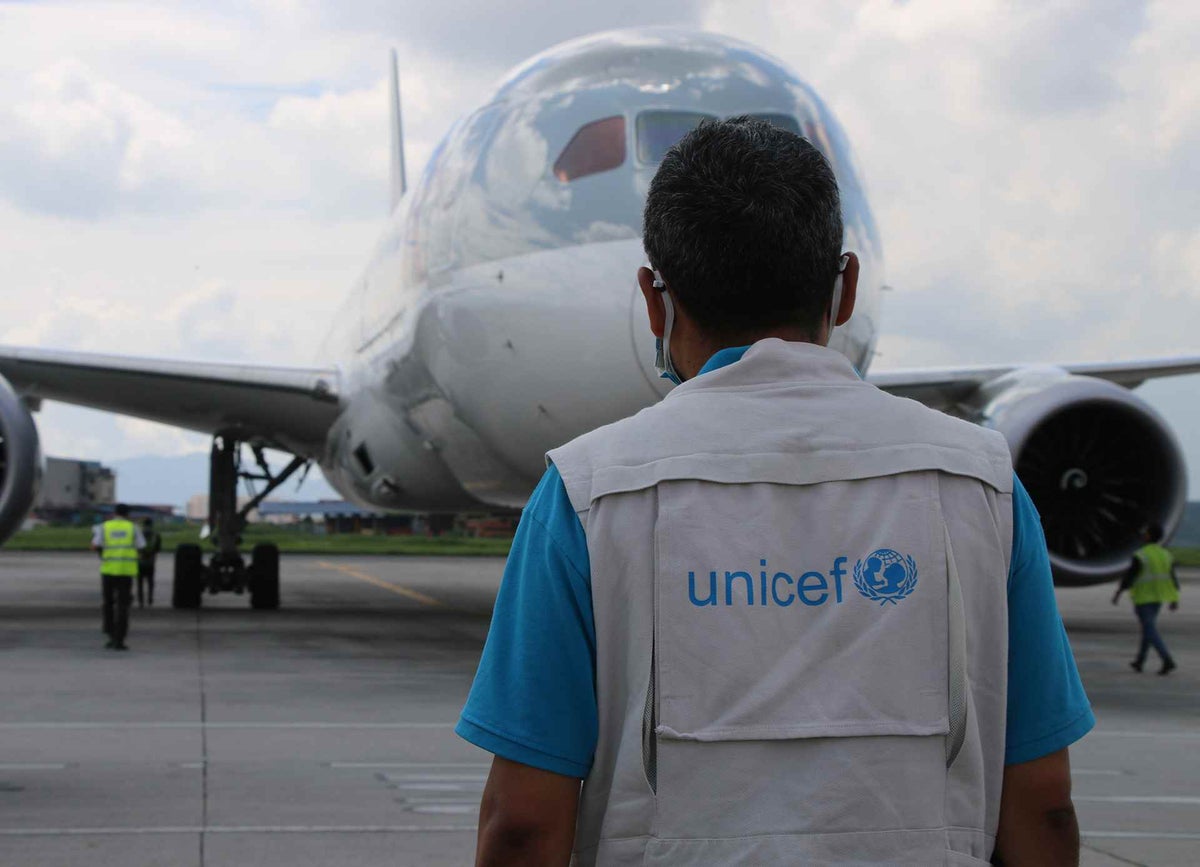
What is COVAX trying to achieve?
COVAX aims to ensure there are enough vaccines available worldwide in 2021 to enable every country to vaccinate 20 per cent of their populations. This would hopefully mean ending the most acute phase of the pandemic and help to ease restrictions.
✈ 2 billion vaccine doses delivered to those who need them most by the end of 2021.
💉 1 billion syringes procured and delivered by the end of 2021.
📍 190 countries participating.
How do COVAX and UNICEF help the most vulnerable to access the vaccine?
The big orders made by COVAX to pharmaceutical companies mean they can negotiate the best deals. Many countries around the world do not have enough funding or public health systems that can support free vaccines for populations on their own. That's where COVAX comes in.
COVAX announced last year that 92 low and middle income countries would be eligible for a program where COVAX covers all, or part of, the cost of the vaccines and delivery. You can find the full list of eligible countries here, but any economy where Gross National Income per person is under US$4,000 is eligible. This means that lower income countries are not left behind in the race to vaccinate everyone against COVID-19.
How does COVAX work? Aren't governments in charge of vaccines?
Countries around the world can choose whether to join the COVAX Initiative. Almost every country has signed up, because they know that the only way out of this is by working together.
Member countries pool their buying powers by getting vaccine manufacturers (like Pfizer and AstraZeneca) to produce vaccines at scale and make big investments in early manufacturing equipment. They also negotiate the best price by making big orders – which means more people can access the vaccine for less money.
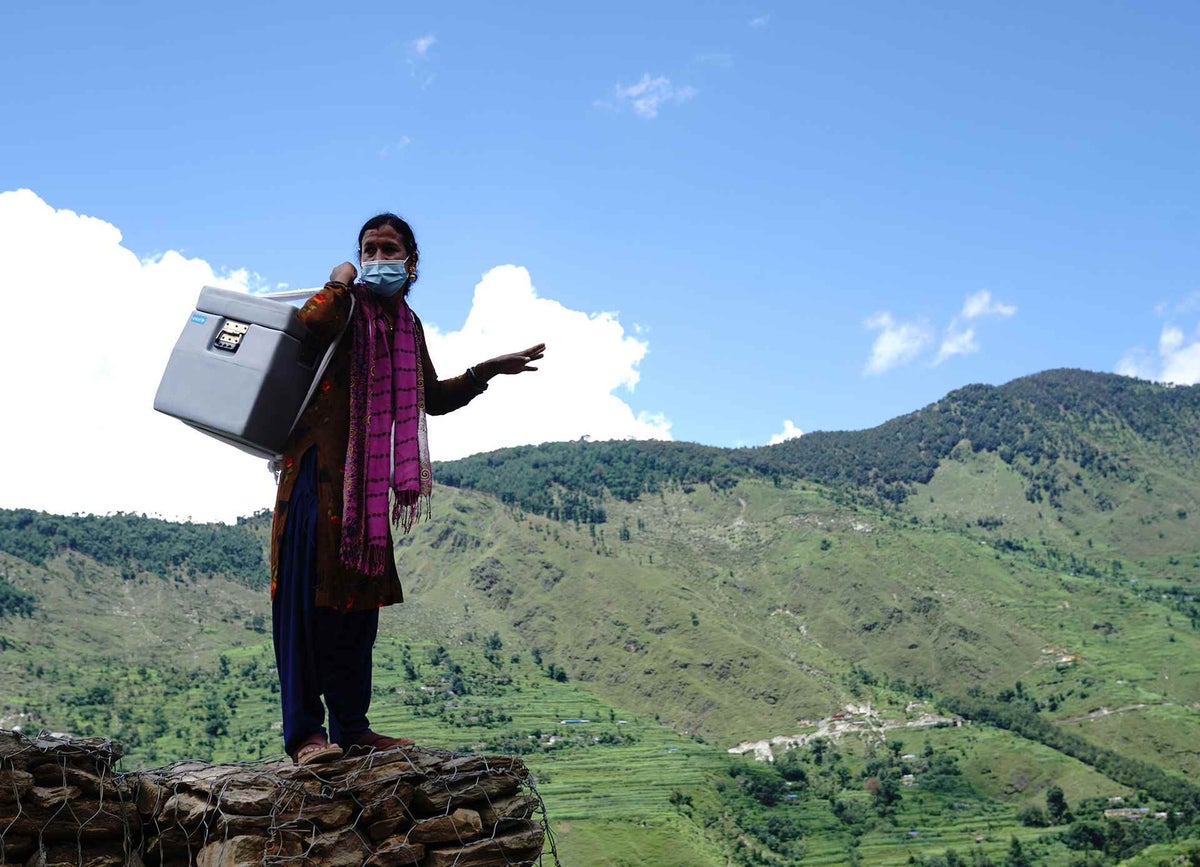
Why is UNICEF involved?
As the largest single vaccine buyer in the world, UNICEF has a unique and longstanding expertise in procurement and logistics to help children in need. Every year, our teams around the world trek up mountains and across rivers to reach the most remote communities with vaccines.
UNICEF procures more than 2 billion doses of vaccines annually for routine immunisation and outbreak response on behalf of nearly 100 countries. We are the main procurement partner of Gavi, the Vaccine Alliance, and reach half the world's children with vaccinations every year.
In vaccinating health workers globally, we ensure that they can get back to work so that children and their parents get the critical health care they need – vaccinations, treatment of malnutrition and other deadly diseases such as malaria and diarrhoea, as well as obstetric, prenatal and post-natal care along with services for newborns.
These are critical services without which millions of children’s lives are at risk given widespread disruptions to essential services during lockdowns. We cannot let one disease lead to outbreaks of other diseases that could reverse years of progress in child health. We won't stop until every family is protected.
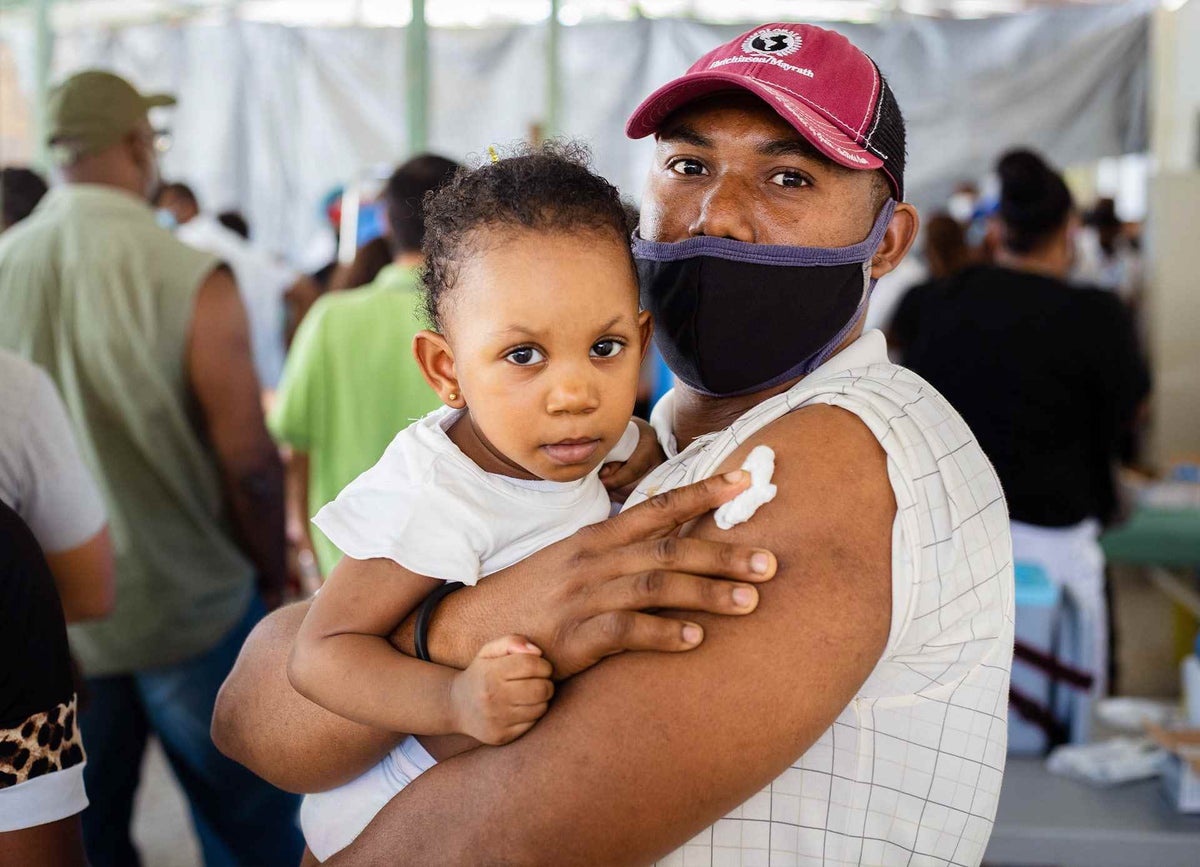
What have COVAX and UNICEF delivered so far?
As of 13 August 2021, 18.3 billion vaccine doses have been secured globally. More than 5 billion of these vaccines have been secured or received as donations.
195.5 million doses of these have already been shipped through COVAX to 138 countries. That's a lot of vaccines, but we have a long way to go.
As of August 2021, 30.4 percent of the world population has received at least one dose of a COVID-19 vaccine, and 15.8 per cent is fully vaccinated. Sadly, only 1.2 per cent of people in low-income countries have received at least one dose. This is what we're working hard to fix – fast.
UNICEF is urging governments of rich countries to #DonateDosesNow to ensure COVAX has the supply and access to vaccines to protect everyone, even those in the poorest and most remote communities.
Is there a way I can donate to COVAX?
As the key delivery partner of COVAX, UNICEF is fundraising specifically for COVID-19 vaccine delivery. Our partners and teams around the world are trekking up mountains, crossing rivers and walking for miles on foot to reach the most vulnerable.
UNICEF Australia is your go-to in Australia for supporting COVAX. We will use your generous donations to power the largest and fastest vaccine mission in history.
There are three ways you can get involved and play your part:
- Donate to our Give The World A Shot campaign. As little as $4 can help vaccinate someone and it's a great way to get friends involved.
- If you're an Australian business or corporate, our COVID Vaccination Alliance is for you. Join other leading organisations like eBay, TikTok and NAB and pledge your support for vaccine equity. Find out more here.
- If you're a philanthropist or wish to make a major gift that can help to protect the world for years to come, our philanthropy team can explain exactly what you can fund to help us end the pandemic.
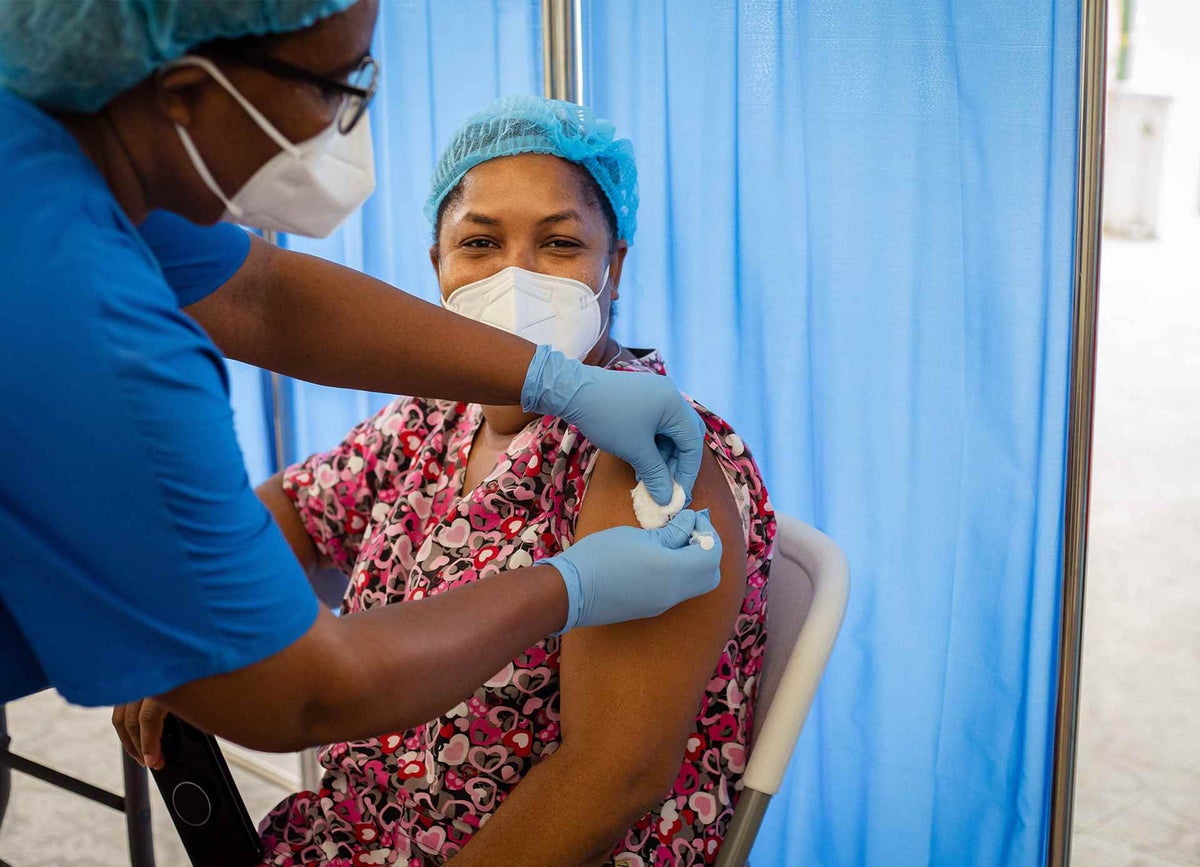
Related articles
Stay up-to-date on UNICEF's work in Australia and around the world



